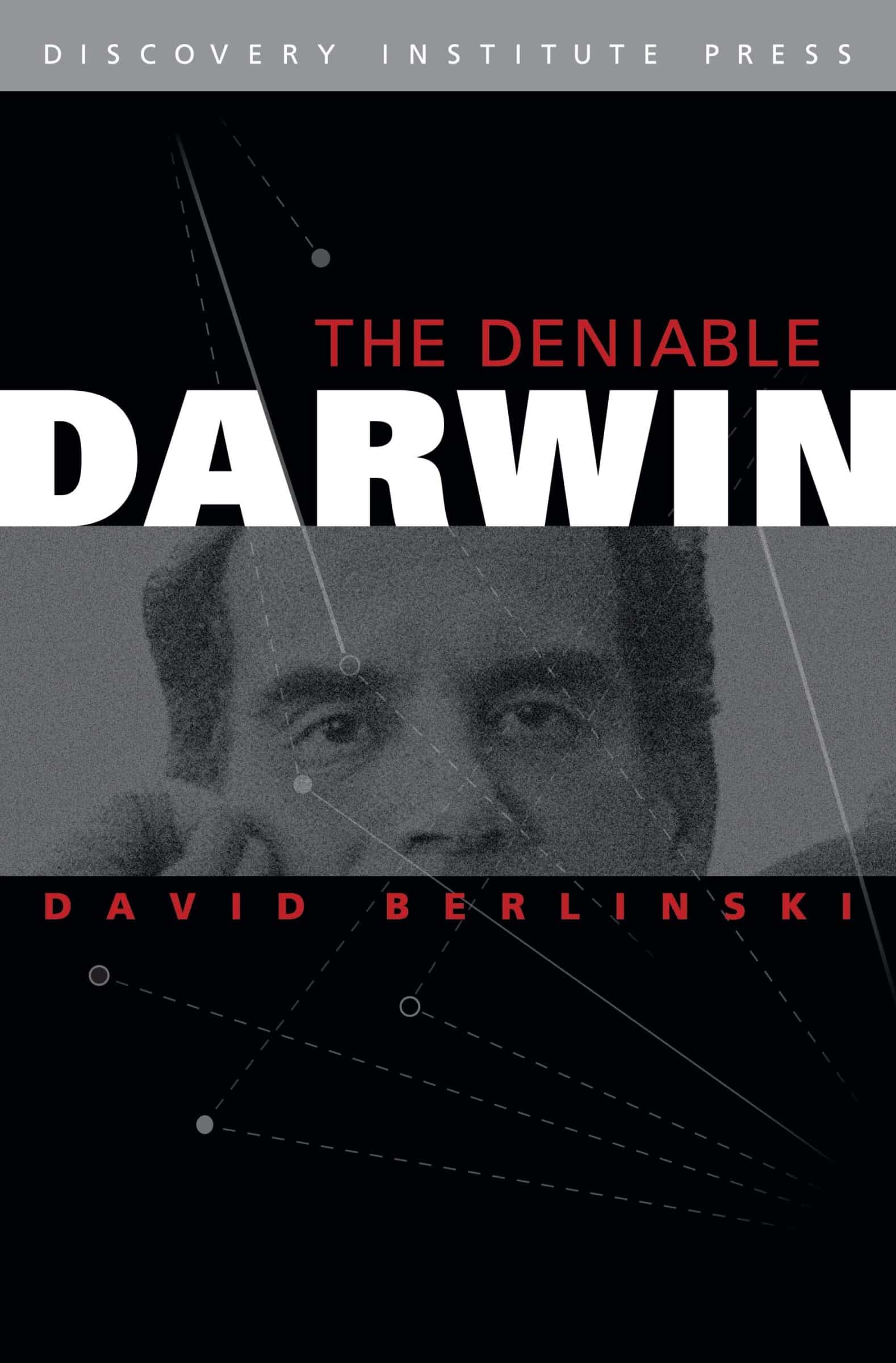Misrepresenting the Definition of Intelligent Design
Download the Complete “Truth or Dare” with Dr. Ken Miller Lecture GuidePermission Granted to Copy and Distribute for Educational Use. Links to our 7-Part Series Responding to Ken Miller: • Part 1: Science and Religion: Is Evolution “Random and Undirected”?• Part 2 (This Article): Misrepresenting the Definition of Intelligent Design• Part 3: Confusing Evidence for Common Ancestry With Evidence for Darwinian Evolution• Part 4: The Name-Dropping Approach to Transitional Fossils• Part 5: Spinning Tales About the Bacterial Flagellum• Part 6: Misrepresenting Michael Behe’s Arguments for Irreducible Complexity of the Blood Clotting Cascade• Part 7: Ken Miller and the Evolution of the Immune System: “Not Good Enough”? At the Dover trial, Ken Miller asserted under oath that intelligent design is merely Read More ›







































